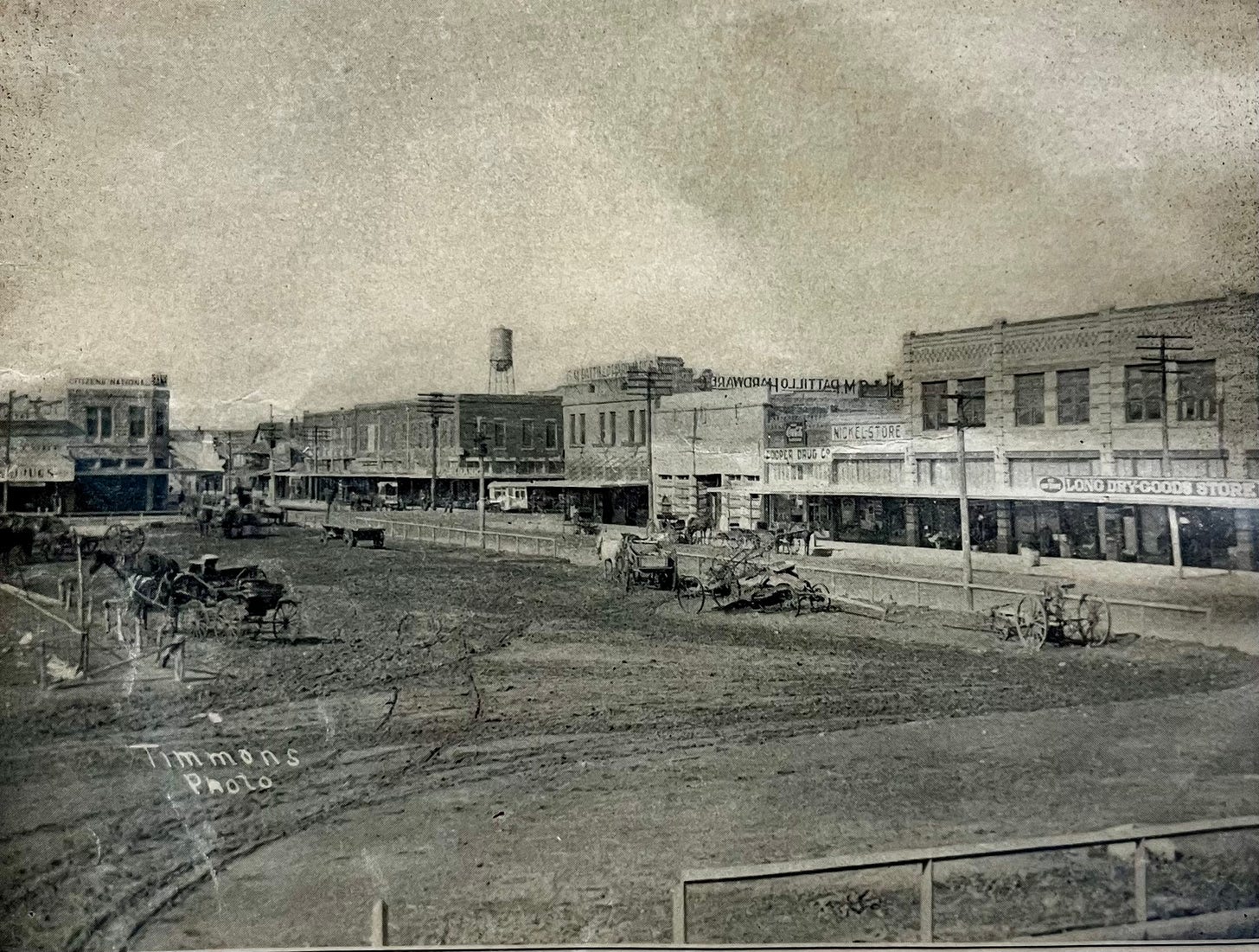Essays from West of 98: The Local Holiday Economy
Fighting the default setting for retail buying habits

Ah yes, it is time for the sights and sounds of the season. What sights and sounds, you ask? The visions of family togetherness? Sharing a meal with people important to you? Celebrating the birth of a savior? Or….
HURRY AND BUY ALL THIS CHEAP STUFF FOR SALE AS SOON AS POSSIBLE BECAUSE AFFECTION IS CLEARLY MEASURED WITH DOLLAR SIGNS!
I am old enough to remember when Christmas marketing showed some manner of restraint until at least Thanksgiving. Now, Thanksgiving has been subsumed into the spectacle and Halloween is quickly being enveloped. It’s only a matter of time until Memorial Day falls to the onslaught.
My complicated feelings about Christmas have been widely disseminated in this space (here, here, and here, among others). There are several roots for those feelings, but right at the top of the list is this crass consumerist spectacle and its effect on people and society. It cheapens the importance of our holidays, both spiritually and as quality time with loved ones. It cheapens our human relationships. It sucks the money out of our communities and our pocketbooks and gathers it unto giant corporations who couldn’t care less if our communities live or die. Somehow, in the age of Amazon, when online shopping has replaced the big box retail store, it has gotten much, much worse.
How do we manage to properly serve ourselves, our sanity, our neighbors, and our communities? During the holidays, we hear “shop small” and “shop local” as marketing phrases. Rightly or wrongly, these phrases tend to be included in a vast sea of marketing buzzwords, as if each is a value-neutral proposotion for your purchase. Do you want a red car or a blue car? Do you want a brown couch or a tan couch? Do you want to shop local or shop online?
Unlike those other examples, how and where you shop is not value-neutral. It is quite the opposite. It is an actual statement of your values and priorities in life. If you shop with small and/or local businesses, you value those businesses. If you eschew the local in favor of Amazon, you prioritize fast and cheap. There is some Old Testament wisdom that a person’s priorities are shown by where they spend their time, talent, and treasure. Modern-day shopping is an extension of that. We might profess to have certain priorities or values, but our spending reveals our actual priorities and values.
This can be difficult. Buying local might be more expensive or require us to wait a little longer for delivery. With a tight budget or a limited deadline, that can be challenging. But you know what else is challenging? Empty storefronts, struggling businesses, declining tax revenues that impact daily government services and quality of life, and neighbors moving away because they can’t make it here anymore.
Our economic overlords have spent many decades pushing our spending away from the small and local. They have made it ever cheaper and more convenient to shop large, shop online, and shop with everyone but your neighbor. They’ve made large + online + cheap the default setting for so much of our retail buying. We have to intentionally choose to act otherwise. We cannot change that overnight, but we can make a tangible impact this holiday season.
Christmas is near. I trust that most of my readers still have some shopping to do, either for gifts or for holiday meals and gatherings. I challenge you to find at least one opportunity where you would be inclined to purchase items away from your local community and choose to buy locally instead. With only a little effort, you can transfer some of your spending to a local small business, local craftsman, or a chain retailer with a local presence. It will matter individually and in the collective impact of each person who takes this step.
When you look at your list of local taxpayers, employers, or donors to community organizations, it is a wide and varied list. You know who never shows up on the list of donors to the local stock show, youth baseball league, or church fundraiser? Amazon and Jeff Bezos. Don’t forget that.
James Decker is the Mayor of Stamford, Texas and the creator of the West of 98 website and the “Rural Church and State” and “West of 98” podcasts. Contact James and subscribe to these essays at westof98.substack.com and subscribe to him wherever podcasts are found. Check out the West of 98 Bookstore with book lists for essential reads here.

